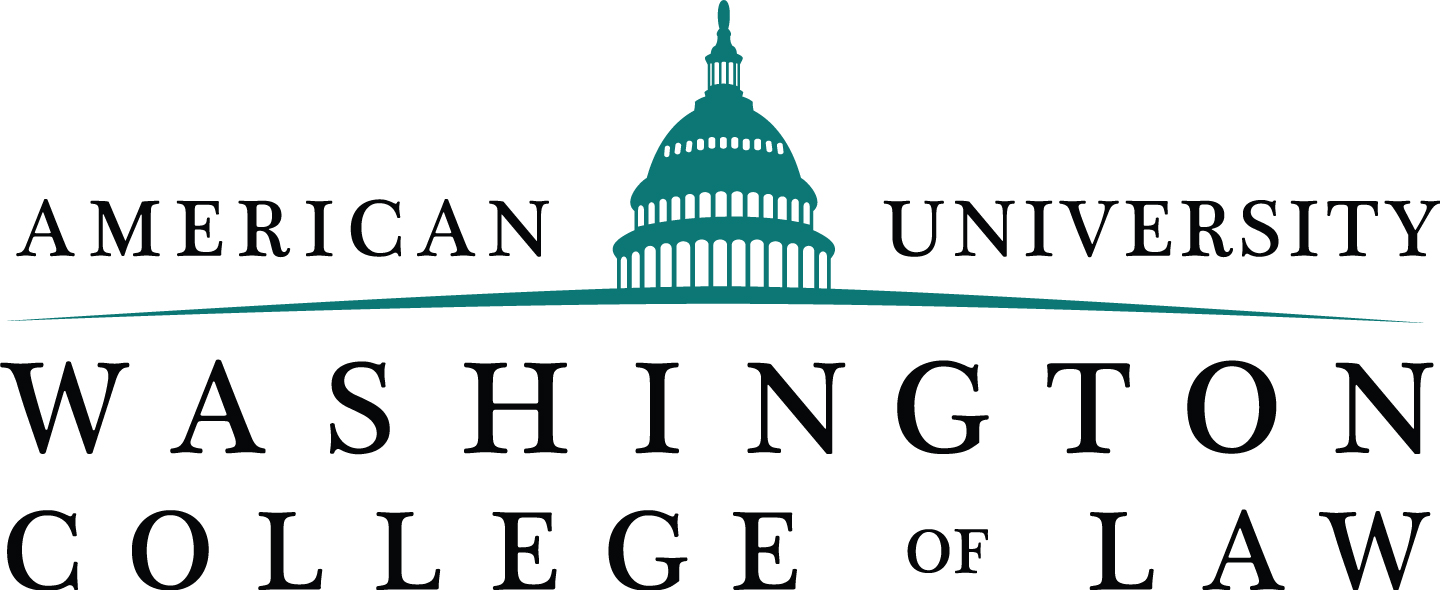Master of Legal Studies (MLS) Programs in Ohio
A Master of Legal Studies (MLS) degree enables students in Ohio to expand their understanding of state and federal laws. While an MLS program will not prepare students in Ohio to become lawyers, some Ohio universities do offer a Juris Doctor (J.D.) for that career path. Earning an MLS degree in Ohio may prepare students for careers that support lawyers, judges and more.
Ohio employs over 30,000 people within legal occupations, which includes lawyers, clerks, judges, arbitrators and more.1 Some of these careers may be pursued with a Master of Legal Studies.
Sponsored Online MLS and Law Programs

American University
Washington College of Law
Master of Legal Studies
- Complete in as few as 12 months
- No GRE/LSAT scores required to apply
- Four tracks available: General MLS, Business, Health Care Compliance, and Technology
- Three certificates available: Business, Health Care Compliance, and Technology
Overview of Legal Degrees in Ohio – Types and Concentrations
The American Bar Association identifies 29 schools across the United States that offer MLS degree programs. Of those programs, Cleveland State University’s Cleveland-Marshall College of Law and Capital University Law School are based in Ohio. In addition, students in Ohio may also be able to earn their MLS degrees from out-of-state schools, especially via online Master of Legal Studies programs.
The Master of Legal Studies (MLS) degrees at Cleveland State and Capital University are 30 credits with an initial focus on introduction to law, research and writing. These MLS programs in Ohio are also offered for full-time or part-time enrollment. The MLS program at Capital University offers five concentrations:
- Criminal Justice
- Environmental Sustainability
- Governmental Affairs
- Health Care
- Human Resources
Cleveland State University also offers the only online Master of Legal Studies in the state, with a focus on cybersecurity and data privacy.
Law School Highlights in Ohio
There are nine American Bar Association-accredited law schools in Ohio, as per the Law School Admission Council:
- University of Akron School of Law
- Capital University Law School
- Case Western Reserve University School of Law
- University of Cincinnati College of Law
- Cleveland State University’s Cleveland-Marshall College of Law
- University of Dayton School of Law
- Ohio Northern University’s Claude W. Pettit College of Law
- Ohio State University Moritz College of Law
- University of Toledo College of Law
According to the American Bar Association’s (ABA) list of approved schools, each of these law schools is approved to offer a Juris Doctor (J.D.) program. Some ABA-approved online J.D. degree programs are also available in Ohio.
According to the LSAC, seven of these ABA-accredited law schools in Ohio offer LLM and other law programs:
- University of Akron School of Law
- Capital University Law School
- Case Western Reserve University School of Law
- University of Cincinnati College of Law
- University of Dayton School of Law
- Ohio Northern University’s Claude W. Pettit College of Law
- Ohio State University Moritz College of Law
Legal Career Outlook in Ohio
There are 34,910 professionals employed in legal occupations in Ohio, the Bureau of Labor Statistics (BLS) reports as of May 2019.1 The hourly mean wage for these professionals is $44.36 and the annual mean wage is $92,270. Legal occupations in Ohio include:
| Legal Occupation | Hourly Mean Wage | Annual Mean Wage |
|---|---|---|
Lawyers | $59.69 | $124,160 |
Judicial Law Clerks | $27.59 | $57,380 |
Administrative Law Judges, Adjudicators and Hearing Officers | $40.69 | $84,640 |
Arbitrators, Mediators and Conciliators | $28.98 | $60,270 |
Judges, Magistrate Judges and Magistrates | $46.82 | $97,370 |
Paralegals and Legal Assistants | $23.18 | $48,210 |
Title Examiners, Abstractors and Searchers | $24.38 | $50,710 |
Legal Support Workers, All Other | $28.24 | $58,730 |
Careers with a Master of Legal Studies (MLS) in Ohio
A Master of Legal Studies is typically for professionals who want to study the law, but not necessarily become lawyers. According to the BLS, some of these legal occupations may include: arbitrators, mediators and conciliators; court reporters; and paralegals and legal assistants. In Ohio, these professionals may earn:1
| Legal Occupation | Hourly Mean Wage | Annual Mean Wage |
|---|---|---|
Arbitrators, Mediators and Conciliators | $28.98 | $60,270 |
Court Reporters and Simultaneous Captioners | $24.82 | $51,630 |
Paralegals and Legal Assistants | $23.18 | $48,210 |
Learn more on how to become a paralegal.
Top Legal Employers in Ohio
The number of people employed in various legal occupations in Ohio, according to the BLS as of May 2019:1
| Legal Occupation in Ohio | Number of Employed |
|---|---|
Lawyers | 18,020 |
Paralegals and Legal Assistants | 10,280 |
Judges, Magistrate Judges and Magistrates | 2,500 |
Title Examiners, Abstractors and Searchers | 2,100 |
Administrative Law Judges, Adjudicators and Hearing Officers | 770 |
Legal Support Workers, All Other | 720 |
Arbitrators, Mediators and Conciliators | 300 |
Judicial Law Clerks | 220 |
The Cincinnati area is the largest metropolitan area in Ohio. The five largest law firms in the city, according to the Cincinnati Business Courier, are:
| Ohio Firm | Local Lawyers |
|---|---|
Dinsmore & Shohl LLP | 227 |
Frost Brown Todd LLC | 164 |
Taft Stettinius & Hollister LLP | 123 |
Keating Muething & Klekamp PLL | 121 |
Graydon | 84 |
Colleges with Online MLS Programs in Ohio
| University | Degree Name | Number of Credits | Format |
|---|---|---|---|
| Cleveland State University | Master of Legal Studies in Cybersecurity and Data Privacy | 30 | Online |
AD
Sponsored Online MLS and Law Programs
1. Bureau of Labor Statistics. “May 2019 State Occupational Employment and Wage EstimatesOhio: Legal Occupations,” Accessed August 2020.
Information on this page was last retrieved in August 2020.



